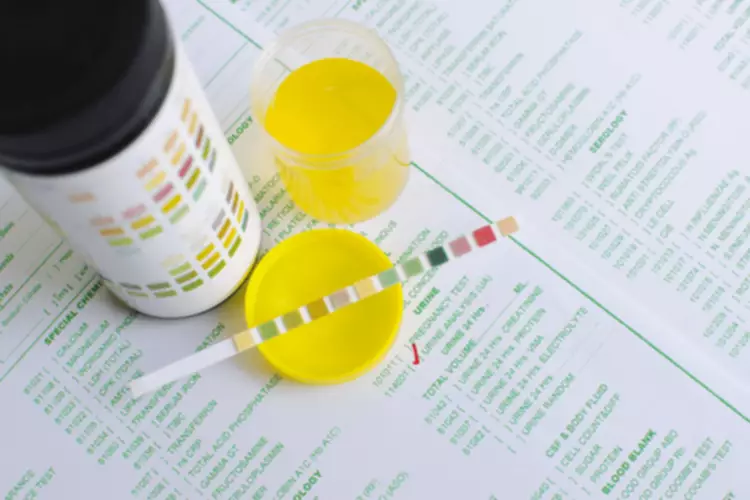
“Look at your whole lifestyle, and make small, sustainable changes one at a time until they are habits.” It’s no secret that unwanted weight gain can be a reality of menopause. Not only does an increase in body fat continue to slow https://ecosoberhouse.com/ down the metabolization of alcohol, but drinking alcohol, in turn, increases body fat. Even if you’re not a heavy drinker, the toll that alcohol can take ages you. One night of heavy drinking can make your wrinkles more evident.
Alcohol and Aging: What are the Effects of Alcohol on the Appearance?
- People who drink may notice that they’re “feeling no pain” sooner as they get older.
- After a person becomes sober and learns ways to live healthier, he or she will notice an improved appearance.
- These diets can harm mental and heart health, which reduces a person’s health span.
- After detox has been completed, the next step is to learn how to go about life without needing alcohol anymore.
- Liver disease caused by alcohol use can cause hyperpigmentation, palmar erythema, jaundice, generalized pruritus, and caput medusae.
Mayo Clinic on Better Hearing and Balance helps readers understand the possible causes of hearing and balance issues and offers solutions aimed at improving not just hearing and balance, but quality of life overall. Elevated suicide risk is also a concern for those mixing antidepressants with alcohol, because alcohol may diminish the effect of antidepressants and make people more prone to act impulsively. The effect alcohol can have on breathing in older adults taking opioids is stark.
Effects of Alcohol on Skin and Aging
You have to be old enough to drink it legally, and once you are, it can age you faster than normal. Heavy drinking can have a direct effect on certain parts of your body and on your mental health as you get older. Because alcohol affects your sleep, you may also notice under-eye circles the day after drinking (10). Alcoholic drinks are high in calories and have no nutritional benefit to your body. At North Jersey Recovery Center in Fair Lawn, New Jersey, we offer various therapies so that a patient can enjoy a successful recovery from alcohol misuse. After a person becomes sober and learns ways to live healthier, he or she will notice an improved appearance.
Health Alerts from Harvard Medical School

But at 38 years old, I couldn’t escape the consequences of drinking. At night, my mind raced with anxious thoughts and I never felt well-rested. The day after drinking, even just one glass of wine, I’d feel groggy, hungover and just sad. Back in my 20s, it would have taken four or five drinks to make me feel this way. Pounding water and electrolytes like I did when I was younger was no longer a fix.
- Drinking heavily and often can have a significant impact on your overall health.
- This occurs when your body breaks down alcohol and creates acetaldehyde.
- Drinking alcohol may make you feel younger as you lose your inhibitions and gain some energy, but the hangover the next day can make you feel sick, sluggish, and downright old.
Sedentary Lifestyle

It’s a natural process called intrinsic aging, and it’s something you can’t control. Extrinsic aging is when your skin ages faster than does alcohol make you look older it should because of your environment and how you live. That’s where alcohol comes in — it dehydrates you and dries out your skin.
Alcohol Can Make You Feel Older, Too
Get Help to Stop Drinking and Slow the Physical Effects of Alcohol






















